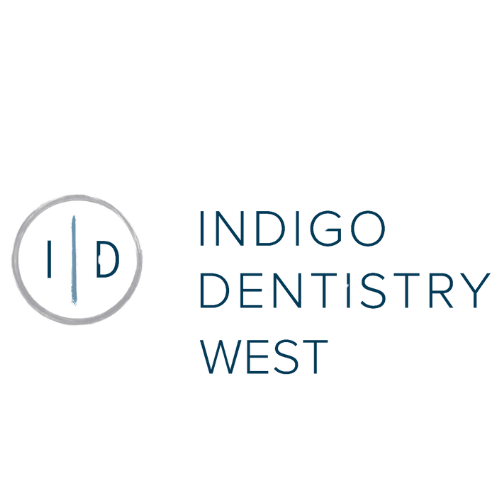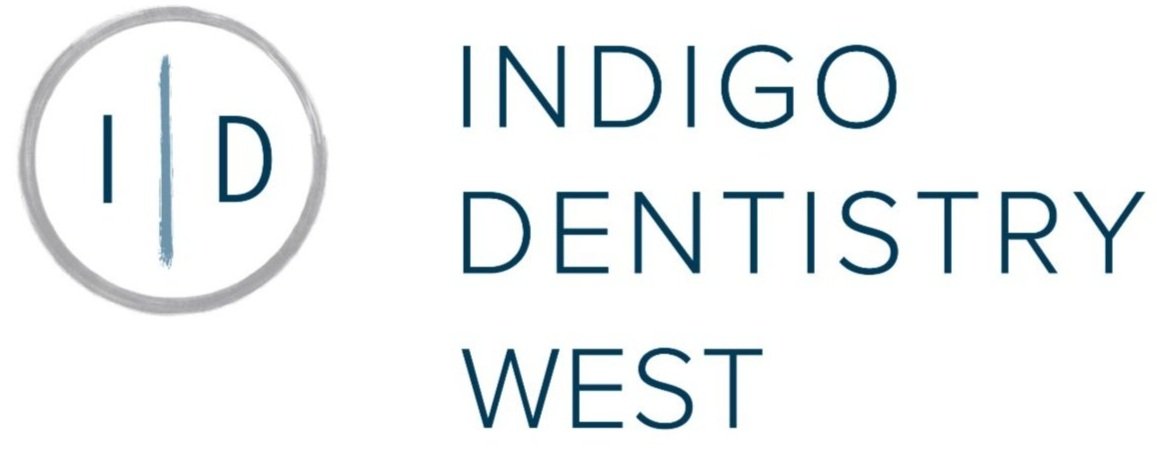October is National Dental Hygiene Month: Learn the importance
If you are like most people, at least once you’ve said to yourself: “ Skipping just one night of brushing won’t hurt my teeth.” Perhaps that one night has turned into several over many years. We get it, sometimes brushing and flossing at the end of a long day just feels like an obstacle before bedtime. But cleaning your teeth every night is the best way to avoid dental diseases and decay.
October is Dental Hygiene Month, a time to remind ourselves of the importance of taking care of our dental health. Dental hygiene goes beyond daily brushing and flossing; it is a vital practice that ensures a healthy mouth and contributes to overall well-being. The goal of National Dental Hygiene Month is to raise awareness of habits that promote a healthy smile and to make dental hygiene easy by focusing on the following four major elements of having a healthy mouth:
Brushing your teeth
According to the ADA brush your teeth twice a day, for two minutes, with a soft-bristled brush. The size and shape of the brush should fit the mouth, allowing you to reach all areas easily.
There is a proper way to brush your teeth:
Place your toothbrush at a 45-degree angle to the gums.
Gently move the brush back and forth in short (tooth-wide) strokes.
Brush the outer surfaces, the inner surfaces and the chewing surfaces of the teeth.
To clean the inside surfaces of the front teeth, tilt the brush vertically and make several up-and-down strokes.
Brush your tongue to remove bacteria and keep your breath fresh.
It’s important to replace your toothbrush every 3-4 months, or sooner if the bristles are frayed.
Floss
Flossing is an essential part of taking care of your teeth and gums as it helps remove debris and plaque that collect between teeth while cleaning hard-to-reach tooth surfaces. The ADA recommends cleaning between your teeth once a day to remove plaque that is not removed by brushing. If not removed, plaque can eventually harden into tartar. Flossing also stimulates the gums and helps to reduce the risk of gum disease and tooth decay.
Follow this step-by-step guide to flawless the flossing of your teeth. The ideal time to floss is at the end of the day when you have finished eating and before bedtime. Going to bed with a clean mouth will help to keep the bacteria that cause cavities at bay.
Rinse
Because teeth alone account for less than half of the mouth, rinsing can help eliminate biofilm and bacteria that brushing and flossing cannot do. Rinsing often, along with brushing and flossing, may help reduce the chance of dental decay and infection. There are lots of mouthwash products to choose from.
Maintaining good dental hygiene helps prevent oral health problems such as tooth decay, cavities, gum disease, and bad breath. Brushing your teeth twice a day with fluoride toothpaste and flossing daily removes plaque and leftover food particles that can lead to harmful bacteria buildup. These bacteria, if left unchecked, can cause a range of oral health issues that not only affect your mouth but can also impact your overall health.
Gum disease, for instance, can occur when plaque builds up along the gum line and hardens into tartar. This can lead to inflammation, bleeding gums, and eventually if left untreated, tooth loss. However, practicing proper dental hygiene can help prevent the onset of gum disease and ensure healthier gums.
Poor oral health has been linked to various systemic diseases such as heart disease, diabetes, respiratory infections, and even pregnancy complications. Research suggests that the bacteria and inflammation associated with oral infections can enter the bloodstream and contribute to these health problems. By maintaining good dental hygiene, you can significantly reduce the risk of these complications and promote your overall well-being.
Aside from the health benefits, proper dental hygiene also plays a significant role in maintaining a beautiful smile. Regular brushing, flossing, and visiting your dentist for professional cleanings help keep teeth white, reducing the risk of stains and discoloration. A clean and bright smile not only boosts your self-confidence but also improves your appearance and can positively impact your personal and professional life.
Preventive dental care is much more cost-effective than treating dental issues once they arise. Routine oral examinations and cleanings can help detect any early signs of tooth decay or gum disease, enabling your dentist to provide immediate interventions. By addressing these problems sooner, you can avoid more complex and expensive treatments in the future.
Dental hygiene is not just an individual responsibility; it is also crucial in setting a good example for our children. Teaching kids the importance of brushing, flossing, and regular dental visits establishes healthy habits that they will carry throughout their lives. By instilling proper dental hygiene practices from a young age, we can help them avoid dental problems and maintain good oral health.
In conclusion, Dental Hygiene Month serves as a reminder to prioritize our dental health and take the necessary steps to maintain optimal oral hygiene. By practicing good dental habits, we can prevent oral health issues, reduce the risk of systemic diseases, and enhance our overall well-being. Remember, regular brushing, flossing, and dental visits are not just crucial for a healthy smile, but for a healthy life too. So, let's celebrate Dental Hygiene Month by embracing and prioritizing our dental health. Call our office at (803) 796-9312 or email us at Indigo@Indigodentistrywest.com so we can help you stay on top of your oral health today.

